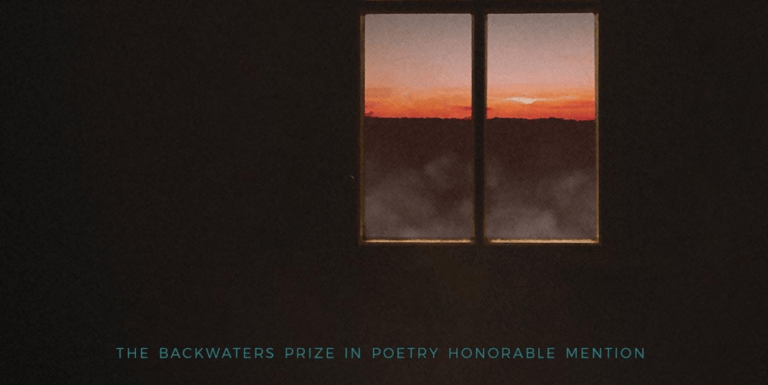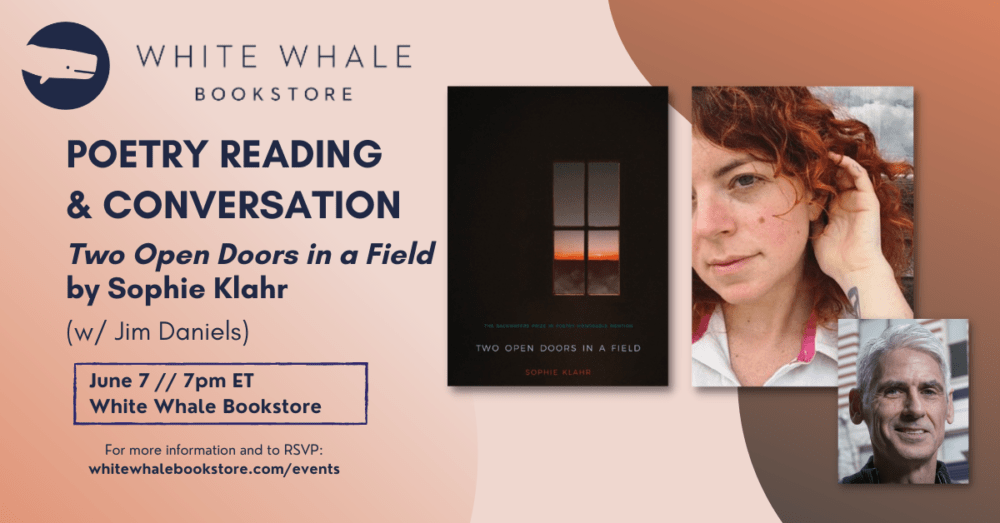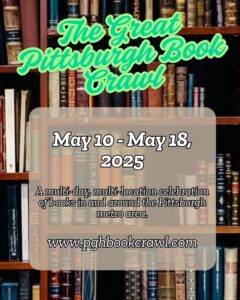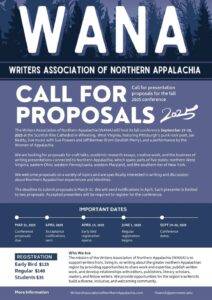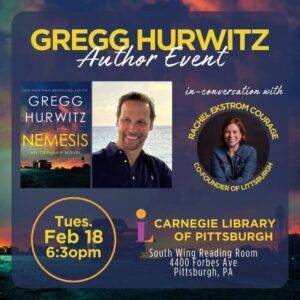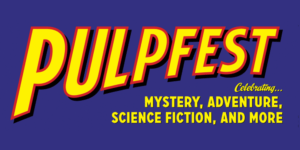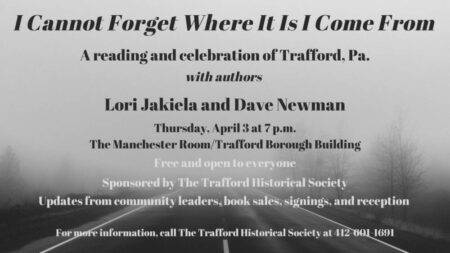“This is extraordinary poetry. Noir like that early Joan Didion we loved.” —Eileen Myles
From the Publisher: “The poems of Two Open Doors in a Field are constructed through deliberate limitations, restlessly exploring place, desire, and spirituality. A profusion of sonnets rises from a single circumstance: Sophie Klahr’s experience of driving thousands of miles alone while listening to the radio, where unexpected landscapes make listening to the unexpected more acute. Accompanied by the radio, Klahr’s experience of land is transformed by listening, and conversely, the body of the radio is sometimes lost to the body of the land. The love story at the core of this work, Klahr’s bond with Nebraska, becomes the engine of this travelogue. However far the poems range beyond Nebraska, they are tethered to an environment of work and creation, a place of dirt beneath the nails where one can see every star and feel, acutely, the complexity of connection . . . “
More info About the Author: Sophie Klahr [raised in Pittsburgh! – ed.]is a poet, teacher, and editor. Her poems have appeared in the New Yorker,American Poetry Review, Ploughshares,Poetry London, and elsewhere. Klahr is the author (previously) of Meet Me Here at Dawn.
Author Site Don’t miss out: Klahr will be at White Whale on June 7th to celebrate the publication of her new poetry collection with Jim Daniels!
Book Event “Sophie Klahr’s second collection is so confidently crafted that the momentum of her poems carries the reader.” —Sylee Gore, poetryfoundation.org
“Sophie Klahr’s spare twenty-first-century sonnets track a drift toward and away from attachment across a beautifully drawn, often desolate landscape. It’s a national myth, the lonesome rider searching the vast open spaces for shelter and refuge. But now the drifter is a woman as strong as she is vulnerable, and the wide desert skies, like the land beneath them, are compromised and endangered. Two Open Doors in a Field is exhilarating and restless, as scrupulous in its attention to our little roads and highways as it is to our longings.” —Mark Doty
MOTEL, WYOMING
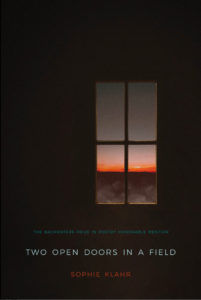 A kid in the parking lot asks me if
A kid in the parking lot asks me if
I live here—this is that kind of motel:
barren vending machine beneath the stairs,
a clock radio left on in the dark
when I first entered the room, little mess-
ages noting what is broken, what not
to lean on. Tonight I live here, I say.
The Quiet Inn rests on the highway’s lip.
So desperation is a part of what
a prophet must have. A minor prophet.
The best a prophet has is a question
no one really needs to know. We must be
quiet to hear the universe. Must be
attentive, then, must be very lucky.
DRIVING THROUGH NEVADA, LISTENING TO THE RADIO
A fissure in the system: migration
too late this year, the water too warm and
the seals must swim and swim much further out
to hunt, their pups left too long on the shore.
Mothers return heavy with milk to find
pups laid limp on the rocks like thin dark burns,
and some mothers do not return at all.
There is always a turn, a last exit;
Las Vegas is sickly in the daylight—
I hold my body at the wheel as if
passing a graveyard, pulled by the tigers
and magic and women, endless buffets
straddling billboards; the suicide’s blink.
Something is starving. Something holds its breath.
[ excerpt from Like Nebraska ~ ]
He drinks like the faithful,
the way they fold their hands
In church, like two owls roosting in an elm.
Karaoke night at the Don’t Care Bar:
A worker staggers, following the lyric
To a lit-up song, and outside,
A stranger chews their ears off
About the Green Desert: fields of soy and corn
And soy and corn and soy,
Devoid of flowers, and the bees going damn drunk
with hunger.
She leans into him like a stray cat against a fence.
A hundred species of insects, the stranger tells them, in a space
where there should have been a thousand.
A truck leaving backfires.
Beneath the only streetlight, a possum
Practices its death.
His hand at the small of her back,
On the depthless roses painted
On her old black dress.
These poems are published here courtesy of the author and publisher and should not be reprinted without permission.


